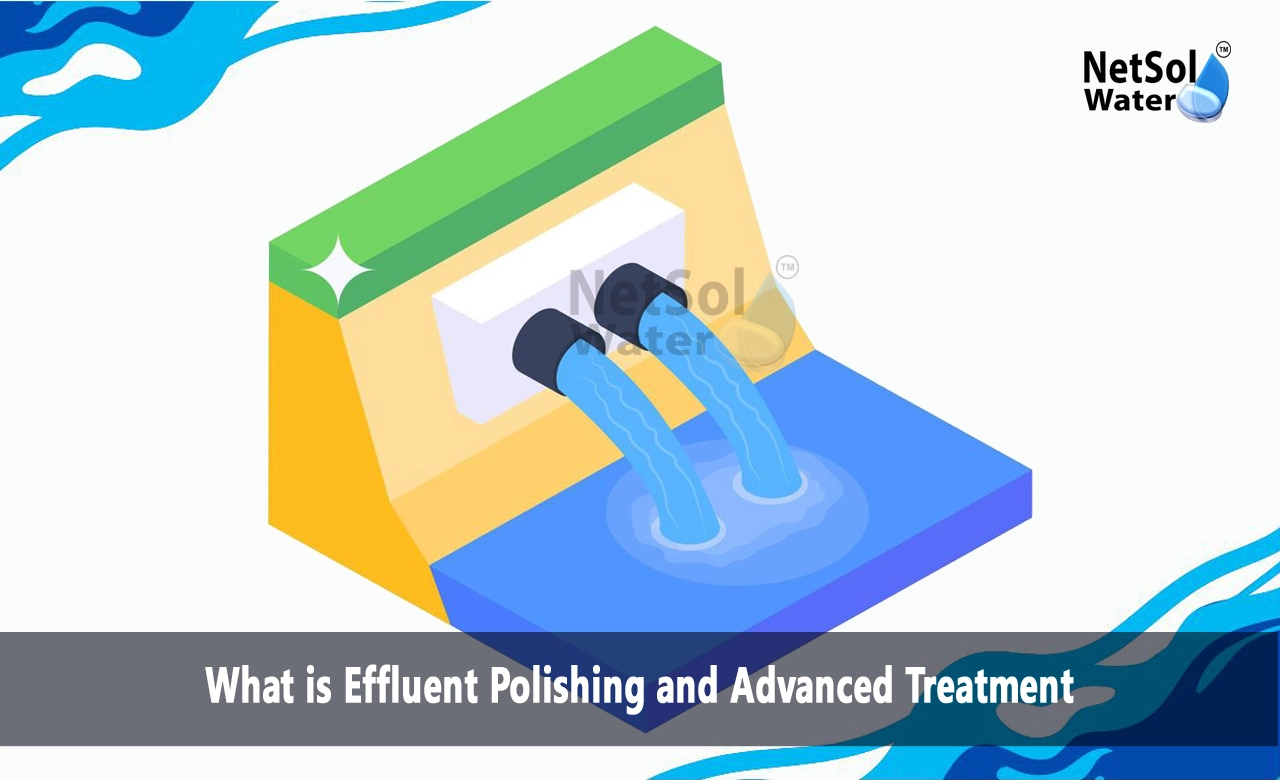What is Effluent Polishing and Advanced Treatment?
Municipal and industrial wastewater treatment facilities play a critical role in safeguarding public health and the environment. These facilities employ a multi-stage treatment process to remove contaminants and pollutants from wastewater before it's discharged back into the environment. However, even after conventional treatment processes like primary and secondary treatment, some pollutants and impurities might remain. This is where effluent polishing and advanced treatment come into play.
Understanding Effluent and its Treatment
Effluent refers to the treated wastewater exiting a wastewater treatment plant. Conventional treatment processes typically involve:
Primary treatment: This stage removes large particles and organic matter through physical separation techniques like screening and settling.
Secondary treatment: This biological stage utilizes microorganisms to break down organic matter present in the wastewater.
While these processes are effective in removing a significant portion of contaminants, some pollutants like nutrients (phosphorus and nitrogen), residual organic compounds, and pathogens can persist in the effluent.
Effluent Polishing: Refining the Final Product
Effluent polishing acts as a final refining step before discharge. It removes residual pollutants that escape conventional treatment, further improving the quality of the effluent. Here are some common polishing techniques:
Sand Filtration: This method utilizes sand beds to remove suspended solids, organic matter, and bacteria present in the effluent.
Membrane Filtration: Advanced membranes like reverse osmosis and ultrafiltration can effectively remove a wide range of pollutants, including dissolved salts, heavy metals, and emerging contaminants.
Activated Carbon Adsorption: Activated carbon, a highly porous material, efficiently absorbs organic compounds and other pollutants onto its surface.
The choice of polishing technique depends on the specific pollutants present in the effluent and the desired level of treatment.
Advanced Treatment
Advanced treatment goes beyond polishing and tackles specific contaminants or water quality concerns. These processes are typically implemented when stricter regulations or unique reuse applications necessitate a higher level of treatment. Here are some examples of advanced treatment methods:
Nutrient Removal: Processes like biological nutrient removal or chemical precipitation specifically target and remove excess phosphorus and nitrogen from the effluent. These nutrients can contribute to eutrophication in receiving water bodies.
Disinfection: Techniques like chlorination or ultraviolet (UV) irradiation are employed to eliminate any remaining pathogens in the effluent, ensuring microbiological safety.
Micropollutant Removal: Advanced oxidation processes (AOPs) utilizing ozone, ultraviolet light, or hydrogen peroxide can effectively degrade persistent organic pollutants and emerging contaminants like pharmaceuticals and personal care products.
The selection of advanced treatment technologies depends on the specific contaminants of concern, desired effluent quality, and economic considerations.
Benefits and Applications of Advanced Treatment
Effluent polishing and advanced treatment offer several benefits:
Improved Water Quality: These processes significantly enhance the quality of treated wastewater, ensuring compliance with stricter discharge regulations and protecting receiving water bodies.
Reduced Environmental Impact: By removing pollutants like nutrients and pathogens, advanced treatment helps to minimize the risk of eutrophication and disease outbreaks in receiving waters.
Water Reuse Potential: With a higher level of treatment, the effluent can be reused for various non-potable applications like irrigation, industrial processes, and toilet flushing, thereby promoting water conservation.
Conclusion
Effluent polishing and advanced treatment are essential tools for wastewater treatment plants to achieve stringent water quality standards and environmental sustainability. These processes enable the responsible discharge of treated wastewater while also creating opportunities for water reuse. As water scarcity becomes a growing concern, advanced treatment technologies will play a critical role in ensuring a reliable and sustainable water supply for future generations.
Netsol Water is Greater Noida-based leading water & wastewater treatment plant manufacturer. We are industry's most demanding company based on client review and work quality. We are known as best commercial RO plant manufacturers, industrial RO plant manufacturer, sewage treatment plant manufacturer, Water Softener Plant Manufacturers and effluent treatment plant manufacturers. Apart from this 24x7 customer support is our USP. Call on +91-9650608473, or write us at enquiry@netsolwater.com for any support, inquiry or product-purchase related query.



